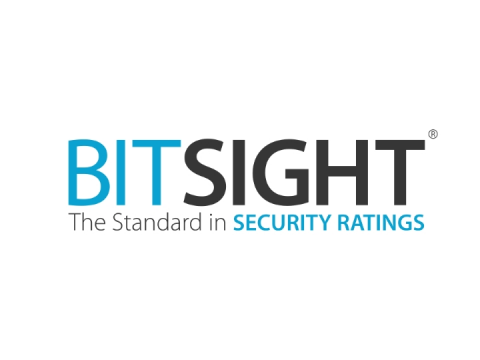A New State of Business: How the future of operational excellence will be shaped by the pandemic
Understand how the future of operational excellence will be shaped by the pandemic. Includes three big operational shifts and how your team can prepare.
Starting Your General Data Protection Regulation (GDPR) Journey with Okta
Consumer-facing enterprises have long been stewards of customer identity data, storing sensitive attributes ranging from a customer’s name, to credit card numbers and home addresses.
Case Study: Privacy Management in Global Financial Services
Learn how Western Union’s Privacy team has deployed Onspring, an intelligent automation and reporting platform, to manage restricted data access, workflow and data mining.
How Okta Lifecycle Management Can Help with Audit and Compliance
At Okta, we run compliance differently. Most organizations place compliance under either the legal or finance team, who don’t work with their security team to ensure those controls are implemented effectively. At Okta, we use security to drive compliance.
Tips To Navigate The New Security Challenges
How to rethink your policies, processes, and plans to mitigate cyber risk in an increasingly remote workforce.
Identifying Unique Risks Of Work From Home‑ Remote Office Networks
In this white paper, we take a closer look at corporate-associated residential IP addresses (WFH-RO IPs) and discover attributes that pose uniquecybersecurity risks as compared to in-office corporate networks.
Okta Security Technical Whitepaper
This document provides an introduction to Okta’s approach to managing security throughout the following chapters:
The Analyst View: State of Cybersecurity Risk Ratings
Cybersecurity risk ratings are rapidly becoming a critical component of third-party cyber risk management programs. Security leaders are beginning to use them to find quantitative data to scrutinize the statements made about security by their third parties, supporting business critical commercial discussions and risk decisions. Increasingly, security leaders are seeking to operationalize this data to build more robust information from which they can base their risk management decisions upon.
How to Quantify and Manage Inherent Risk for Third Parties
Maintaining strong vendor relationships is critical in today’s highly connected and globalized market. But for some organizations, supply chains have become ungovernably large, and the challenges facing procurement and risk management teams are only growing.
Enterprise Risk Management and the Modern Organization: A View From The Top
Do enterprise risks keep CEOs awake at night? According to the 100 CEOs who participated in LogicGate’s inaugural Enterprise Risk Management survey, the answer is an emphatic—if slightly groggy—YES.
Third-Party Security Risk Management Playbook
This is the definitive study of third-party security risk management practices. Based on in-depth interviews of risk executives from 30 domestic and global firms, it reveals the real-world capabilities and practices employed to manage third-party security risk.
Reducing Third-Party Risk With Threat Intelligence
While third-party relationships undoubtedly add business value, they also introduce significant new risk and compliance challenges for organizations. On top of that, as vendor ecosystems grow in size and complexity, risk management teams are increasingly struggling to procure and maintain high-quality, real-time external data to feed their governance, risk, and compliance (GRC) technology.
ESG Report: Third-Party Risk: Why Real-Time Intelligence Matters
As leading companies in every industry today are undergoing digital transformation, the lines are blurring between any one organization and its partners, suppliers, vendors, and other third parties. In this new report, ESG examines how these business relationships can introduce new risks that need to be identified and managed “as if these third parties were part of the enterprise itself.”
ProcessUnity Vendor Cyber Intelligence (VCI) with BitSight
ProcessUnity’s Vendor Risk Management software protects companies and their brands by reducing risks from third-party vendors and suppliers. Our program helps customers effectively and efficiently assess and monitor both new and existing vendors – from initial due diligence and onboarding
to termination.



















